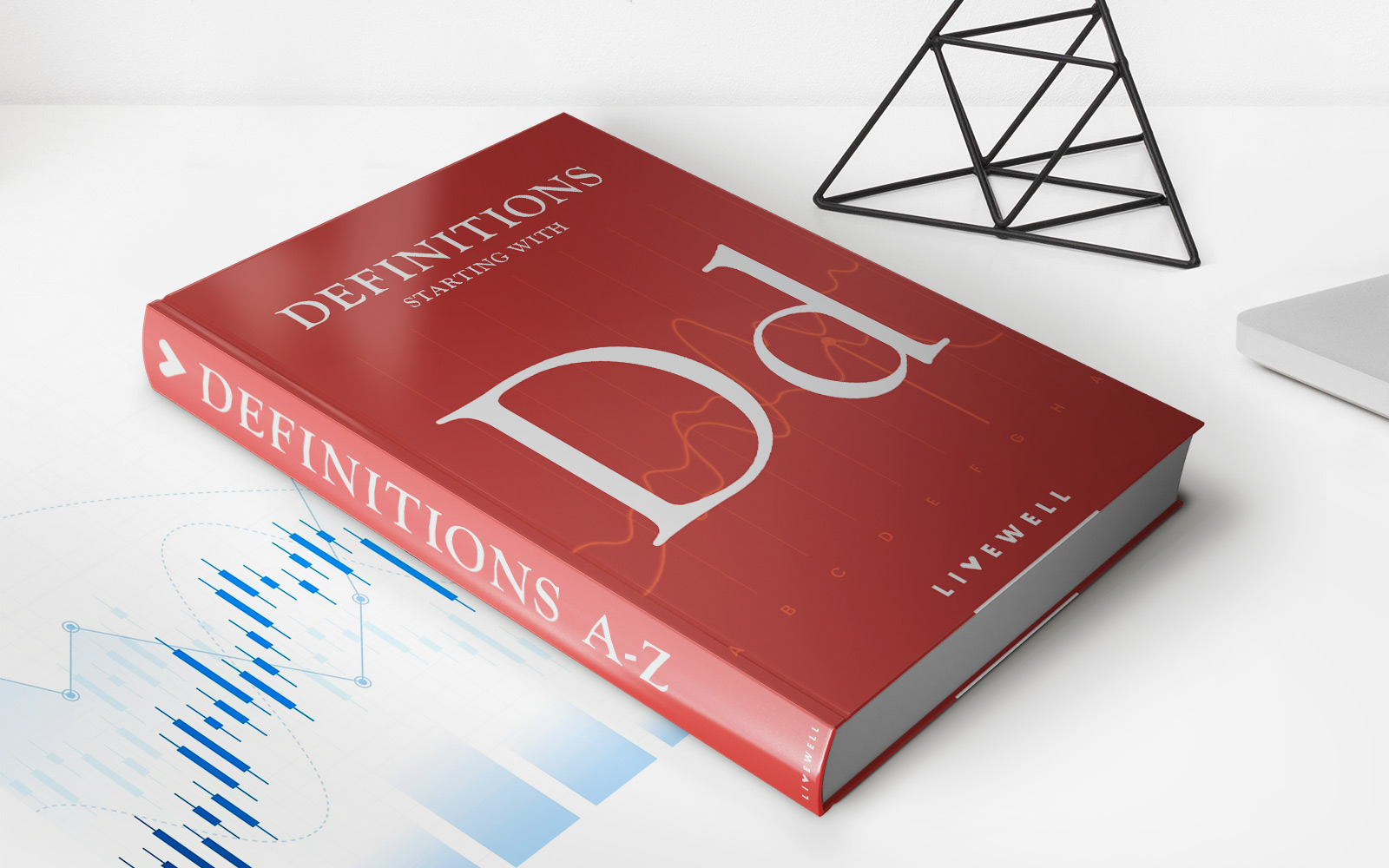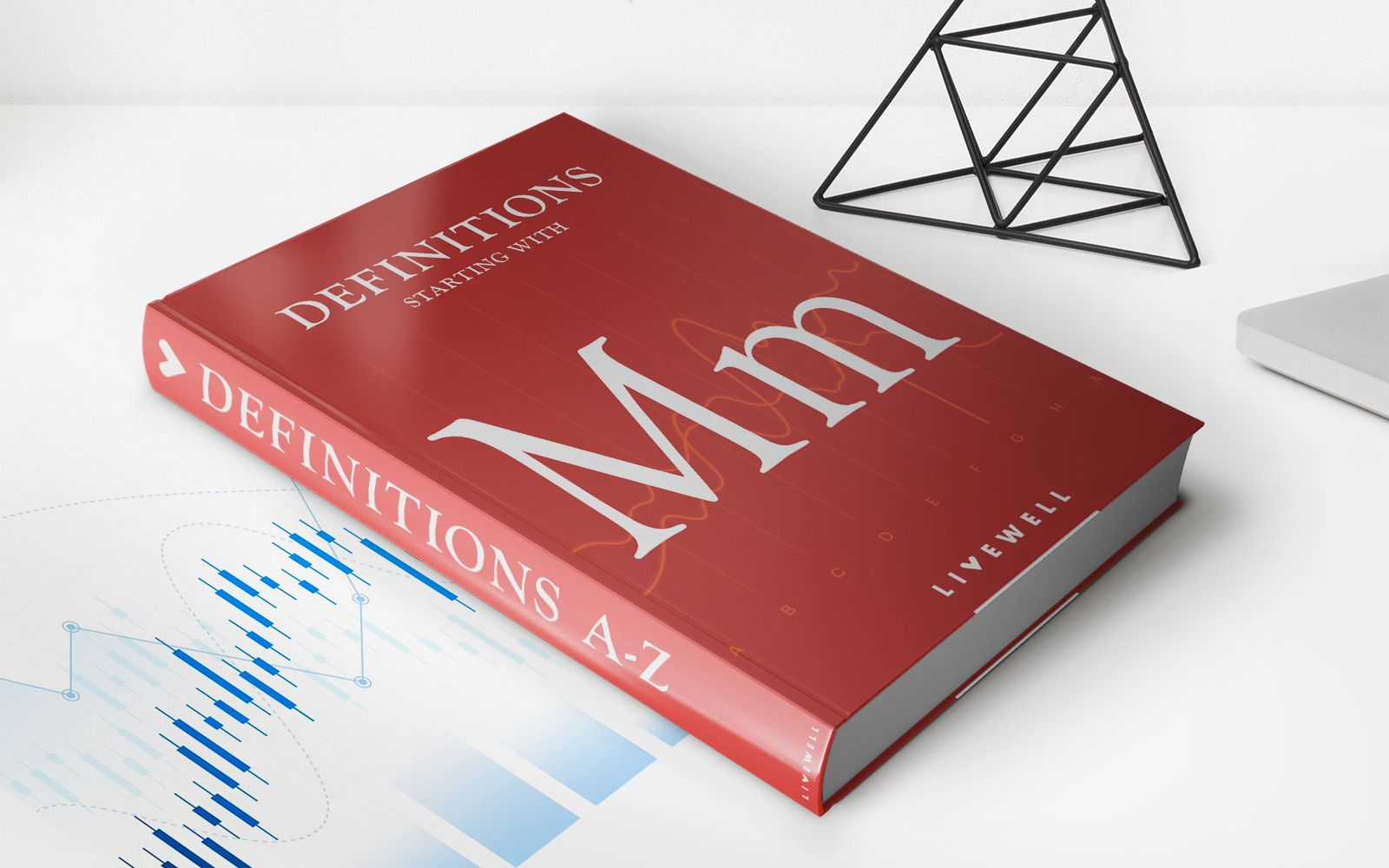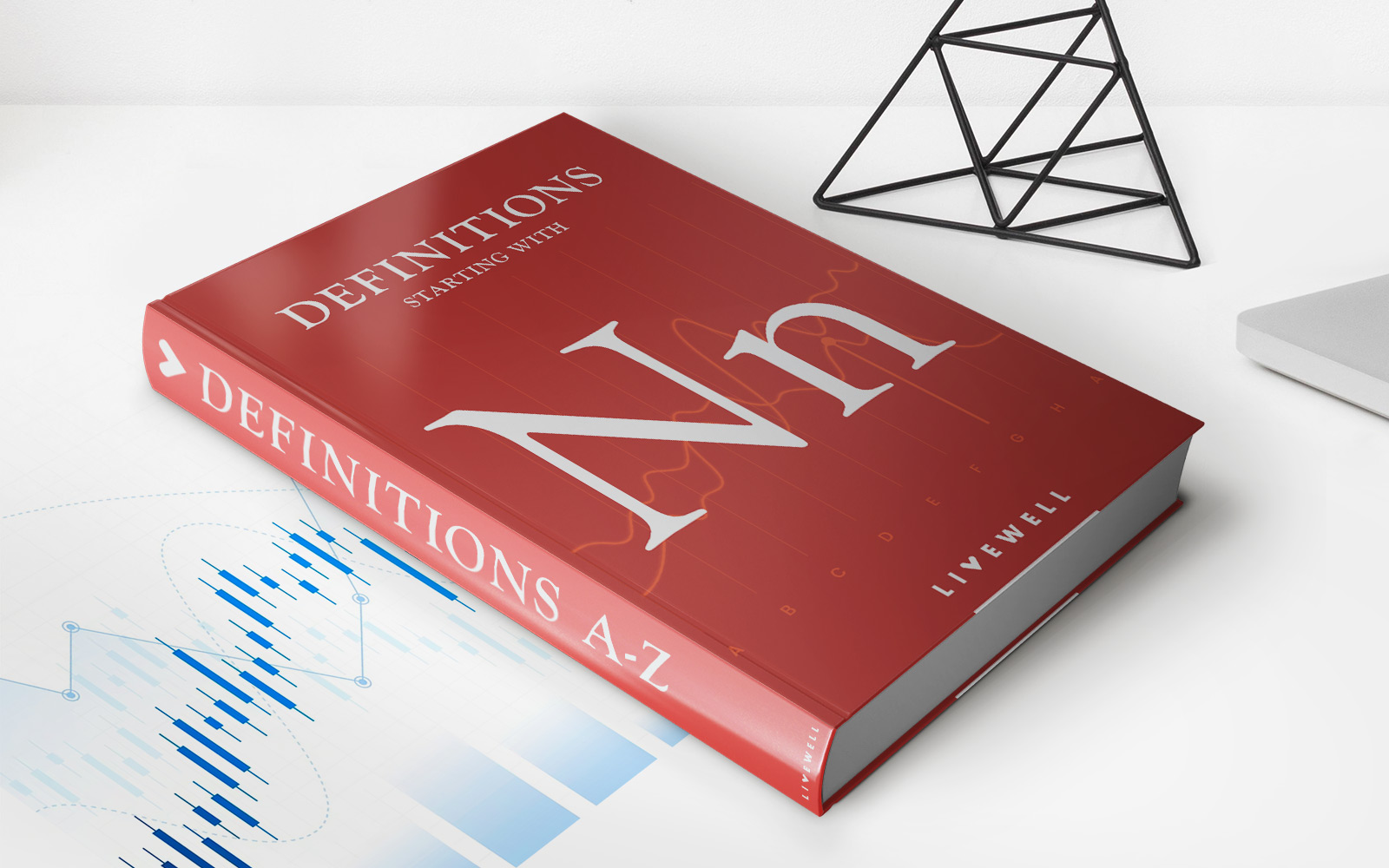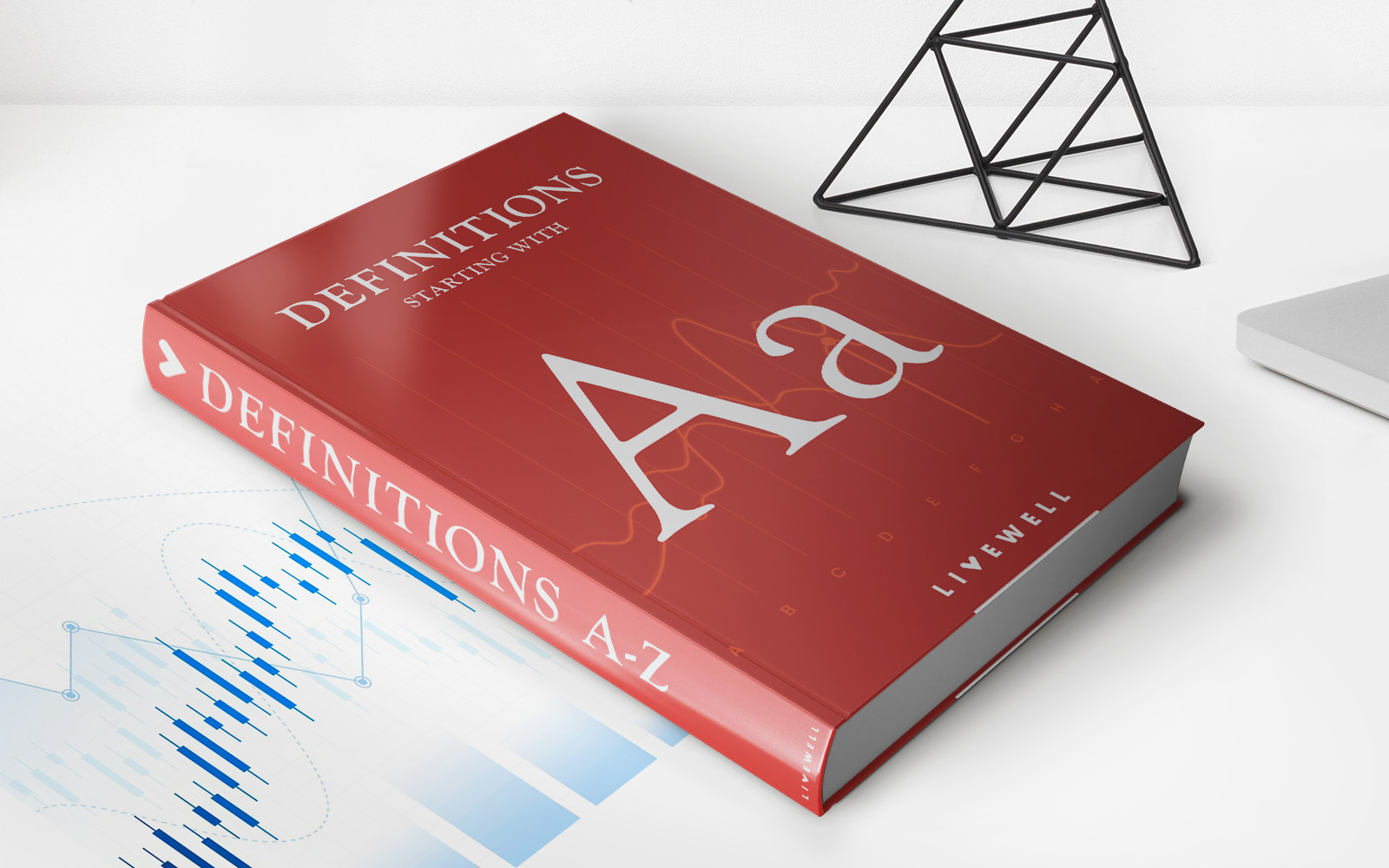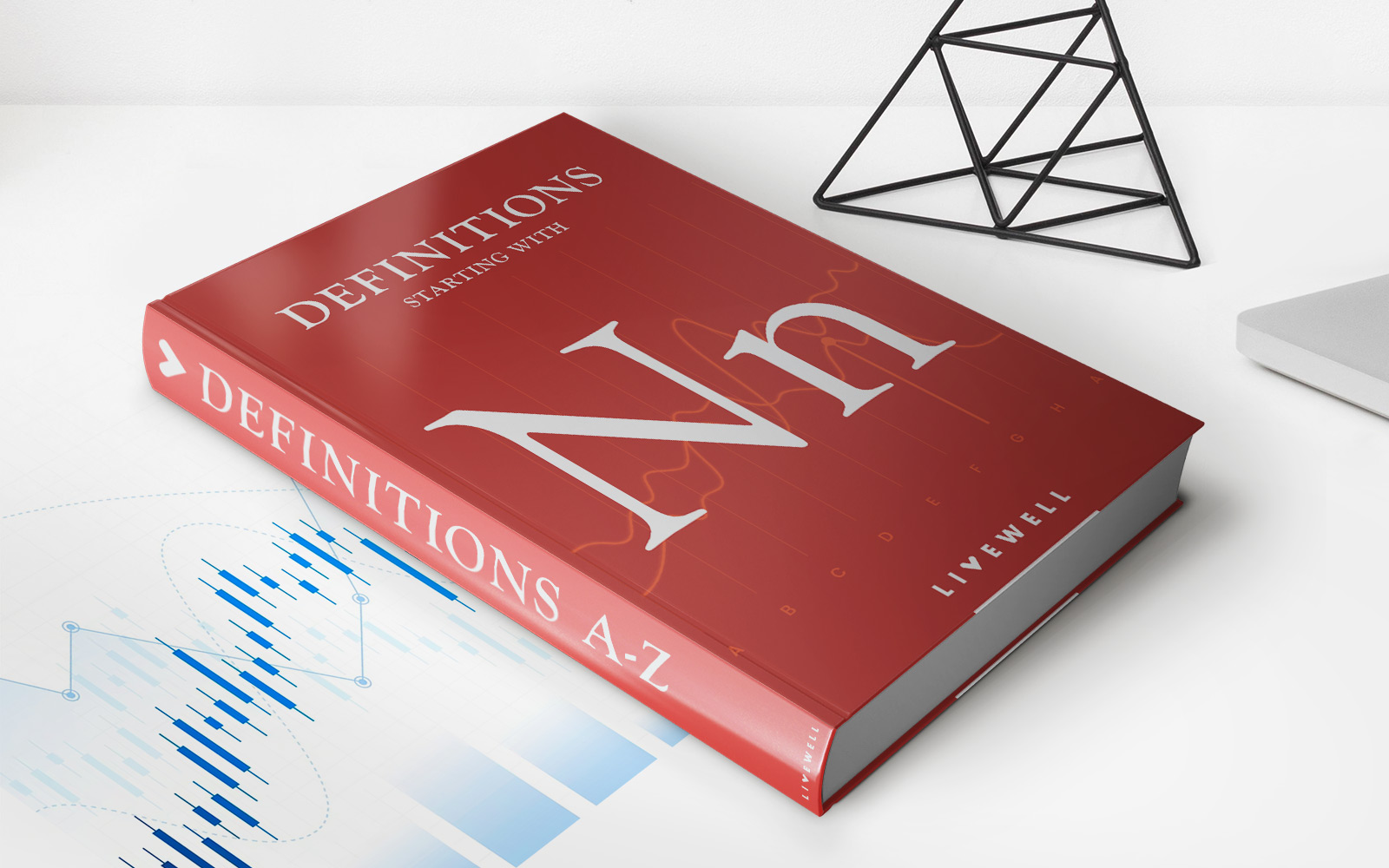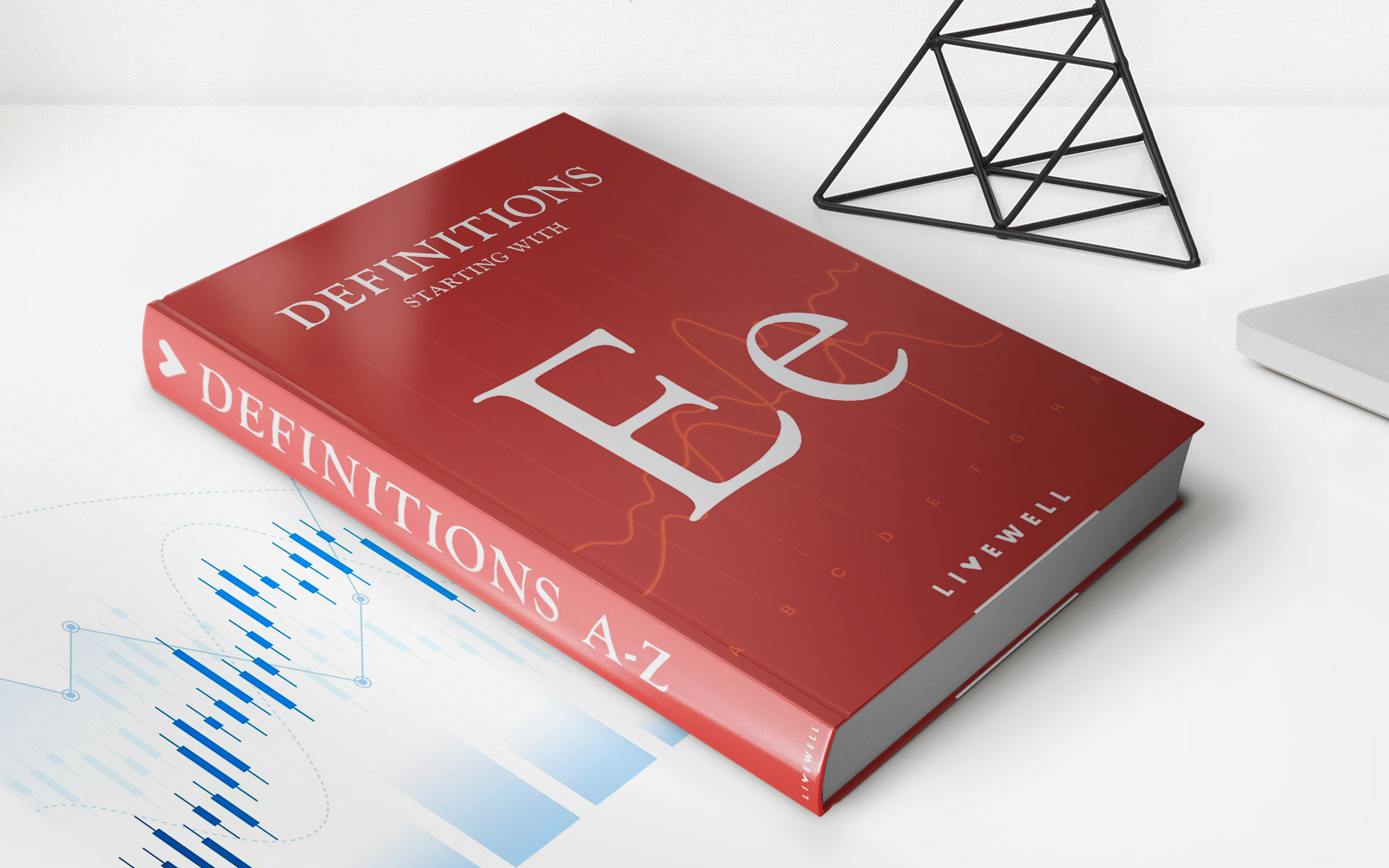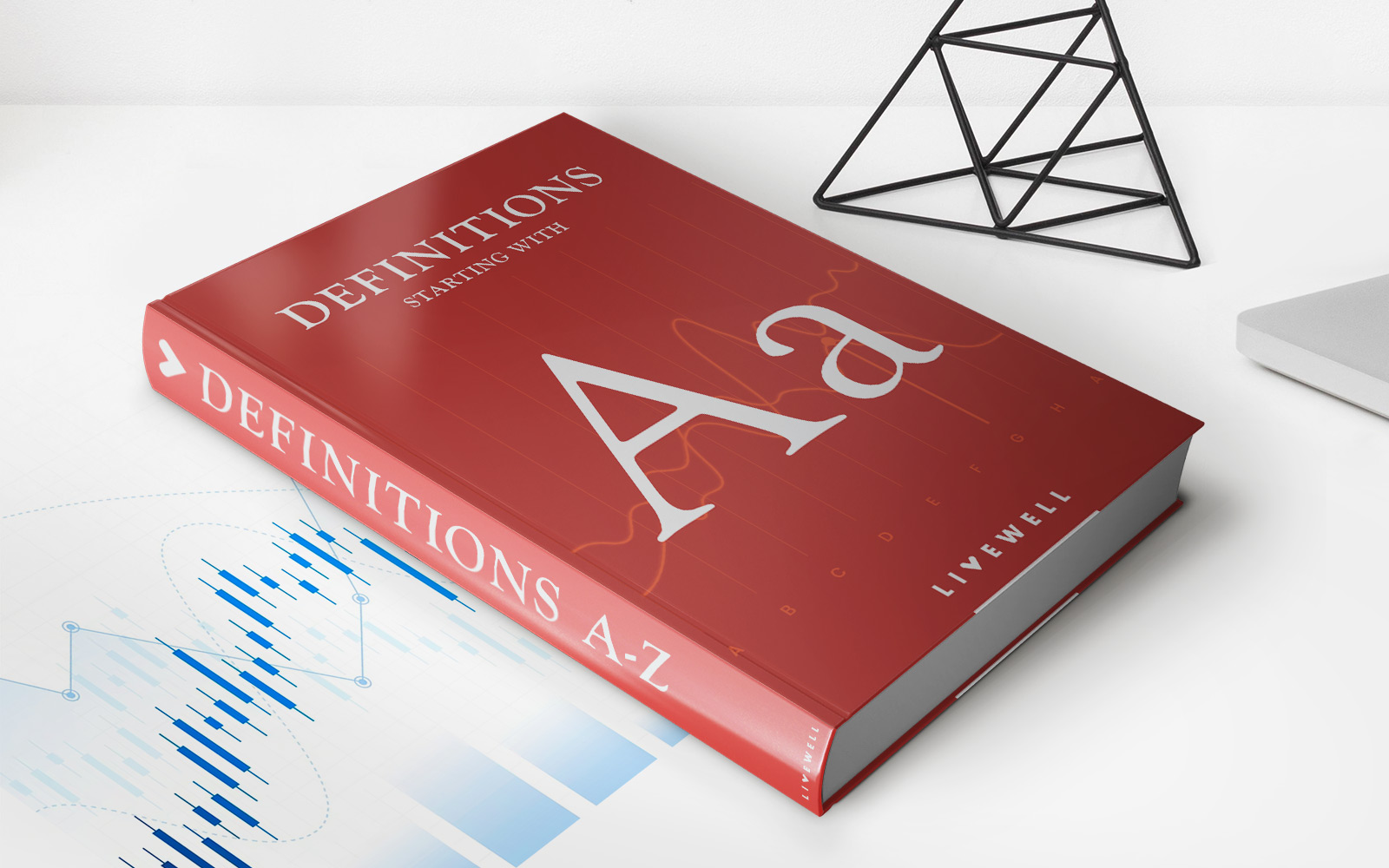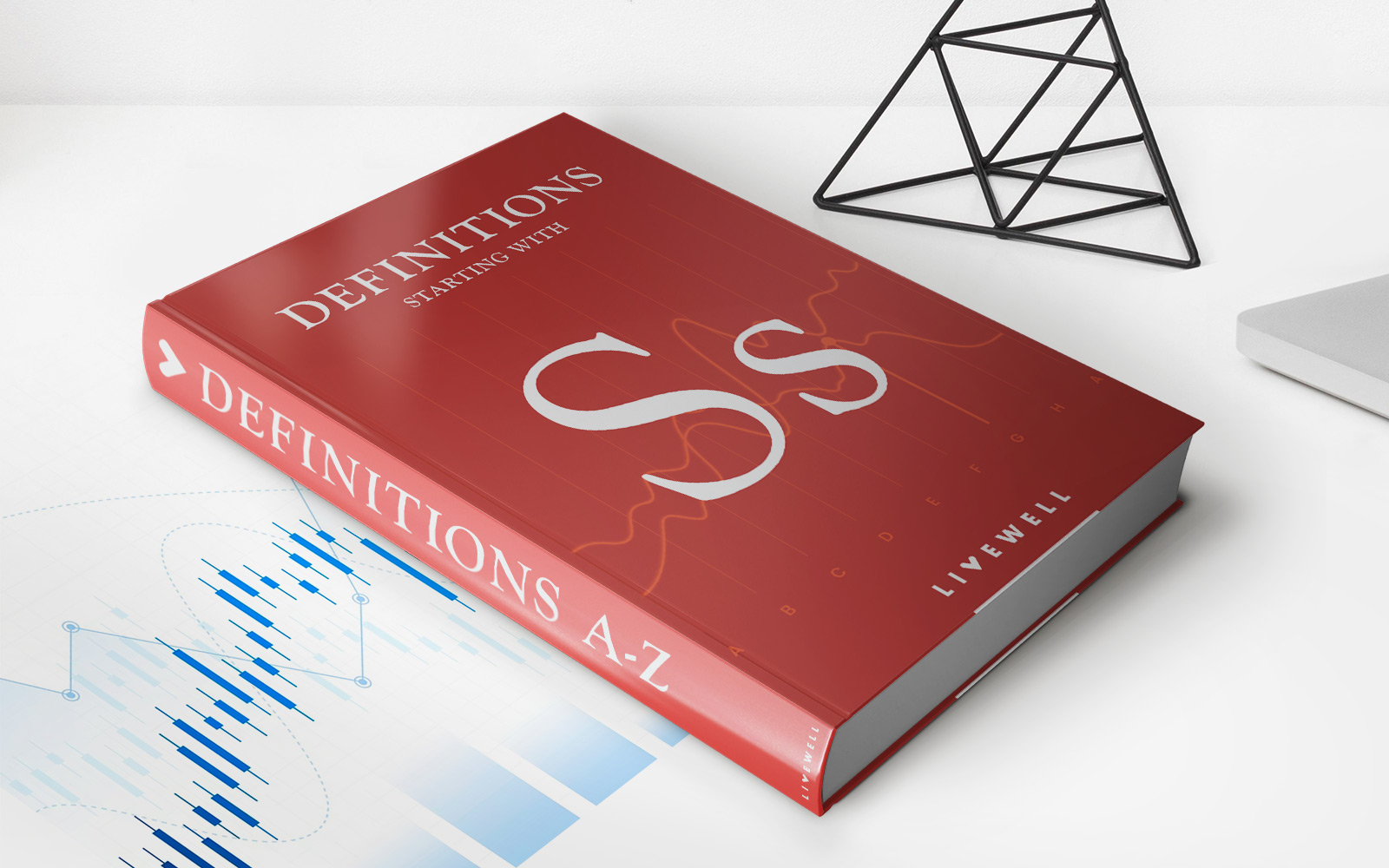Home>Finance>Negotiated Dealing System (NDS): Definition, History, Membership
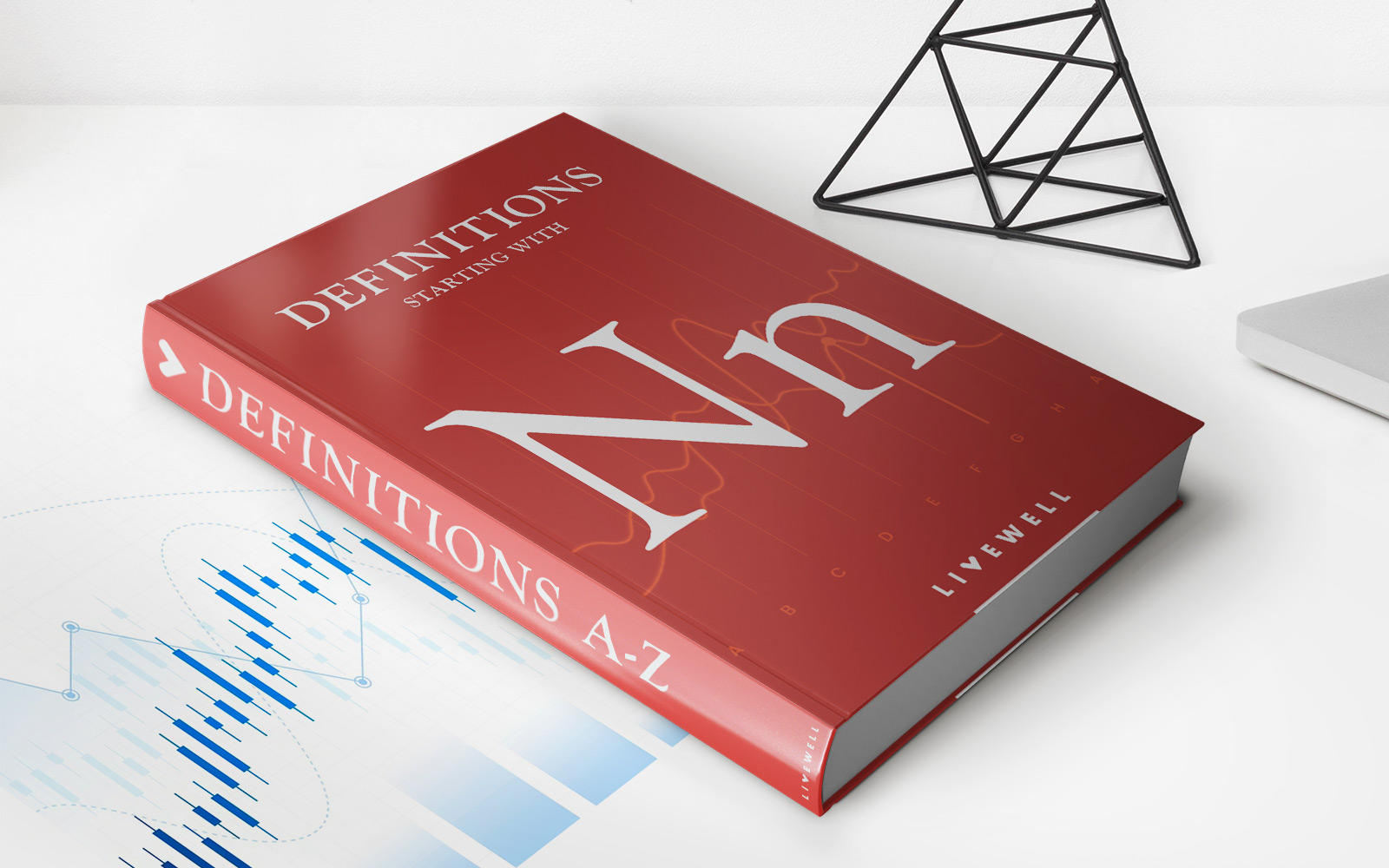

Finance
Negotiated Dealing System (NDS): Definition, History, Membership
Published: December 29, 2023
Learn about the Finance Negotiated Dealing System (NDS), its definition, history, and membership. Exploit the benefits of this revolutionary finance platform.
(Many of the links in this article redirect to a specific reviewed product. Your purchase of these products through affiliate links helps to generate commission for LiveWell, at no extra cost. Learn more)
Understanding the Negotiated Dealing System (NDS): Definition, History, and Membership
Finance is a vast and complex industry, covering various aspects such as banking, investments, and trading. Today, we will dive into a specific topic within this field – the Negotiated Dealing System (NDS). If you’ve ever wondered what NDS is, its history, and who can become a member, you’ve come to the right place. In this blog post, we will break down the NDS framework, its evolution over time, and shed light on membership requirements.
Key Takeaways:
- The Negotiated Dealing System (NDS) is a platform used for trading government securities in India.
- It was introduced in 2002 by the Reserve Bank of India (RBI) to facilitate the electronic trading of these securities.
What is the Negotiated Dealing System (NDS)?
The Negotiated Dealing System (NDS) is a specialized trading platform used for dealing in government securities in India. Managed and operated by the Reserve Bank of India (RBI), it provides an electronic marketplace where market participants can trade various types of government securities efficiently and transparently. With the introduction of the NDS in 2002, the Indian financial market witnessed a significant transformation in the way these securities were traded.
The NDS platform offers multiple features that enhance the trading experience for market participants. It provides a secure and reliable infrastructure, ensuring the integrity of transactions. Additionally, the system allows for real-time monitoring of trades, making it easier for regulators to oversee the market and enforce compliance.
A Brief History of the NDS
The NDS was first introduced by the Reserve Bank of India (RBI) in 2002. The primary objective behind its launch was to enable the electronic trading of government securities, replacing the earlier system of physical trading that posed several challenges. The traditional method involved inter-bank dealing, which was cumbersome, time-consuming, and less efficient.
With the advent of the NDS, market participants gained access to a centralized electronic trading system, allowing them to transact seamlessly. This shift significantly improved transparency, reduced transaction costs, and enhanced overall market liquidity. As a result, the NDS played a vital role in promoting the development and efficiency of the Indian government securities market.
Membership Requirements and Eligibility
The Negotiated Dealing System (NDS) is largely utilized by Scheduled Commercial Banks (SCBs) and Primary Dealers (PDs) in India. These financial institutions become members of the NDS through a formal application process and fulfilment of specified eligibility criteria set by the Reserve Bank of India (RBI).
To become an NDS member, financial institutions are required to meet certain prerequisites, which may include aspects such as financial soundness, compliance with regulatory norms, and fulfilling the minimum capital adequacy requirements. The RBI assesses these qualifications before granting membership to the eligible institutions.
Once approved, members gain access to the NDS platform and can actively participate in the trading of government securities. This involvement allows them to contribute to the development and liquidity of the Indian financial markets while benefiting from the efficiency and convenience offered by electronic trading.
In Conclusion
The Negotiated Dealing System (NDS) has revolutionized the trading of government securities in India since its introduction in 2002. By providing a secure electronic marketplace, it has enhanced transparency, efficiency, and liquidity in the market. While primarily utilized by Scheduled Commercial Banks (SCBs) and Primary Dealers (PDs), the NDS serves as a catalyst for the growth of the Indian financial markets.
Whether you’re interested in the history of finance or considering becoming a member of the NDS, understanding its framework and evolution is crucial. By delving into the details of the Negotiated Dealing System, we hope to have given you valuable insights into this important facet of the finance industry in India.
